Indigenous voice to parliament: How voice of reason has been lost to emotional abuse

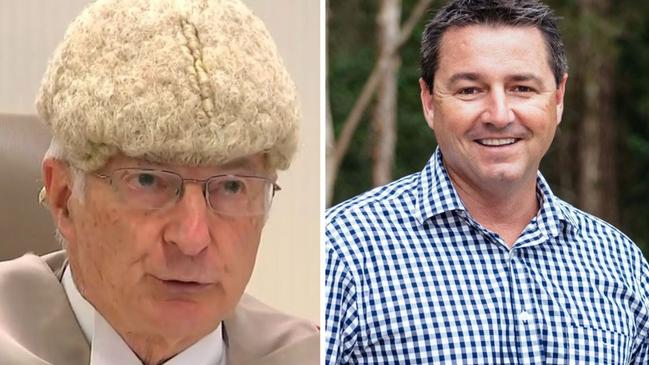
In my lifetime I have not seen a more thuggish, deceptive and divisive set of claims from one side on a matter of national significance. One expects ideological overreach, for example, from extremists. But is that how we are to view the recent comments from a senior judge, a corporate bigwig, an academic and a celebrity activist?
Prominent NSW Supreme Court judge Ian Harrison apparently took leave of his critical faculties and training to pen an almost adolescent email to Nationals MP Pat Conaghan. Sure, even judges are entitled to spend their evening hours writing overwrought emails – but only to their nearest and dearest and in their personal capacity, not to politicians they don’t know and about matters of controversial national significance that could easily come before the courts.
The constitutional and propriety blunders committed by Harrison’s potential breach of the separation of powers were not the worst of it. How does the hard-bitten judge who presided over Christopher Dawson’s murder trial get reduced to mawkish sentimentality and an inability to recognise that reasonable people could differ about the voice?
Harrison was certainly entitled to say that, in his view, “there are no sleeping constitutional issues here”. He was not, however, entitled to treat the contrary view as untenable.
When the greatest Australian constitutional lawyer of recent times, the recently departed and much-lamented David Jackson KC, could express as much constitutional doubt about the proposed voice as he did in his recent submission to the parliamentary inquiry, accompanied by former High Court Justice Ian Callinan and very many other distinguished lawyers, the most any rational lawyer could say is that the proposal is hotly contested.
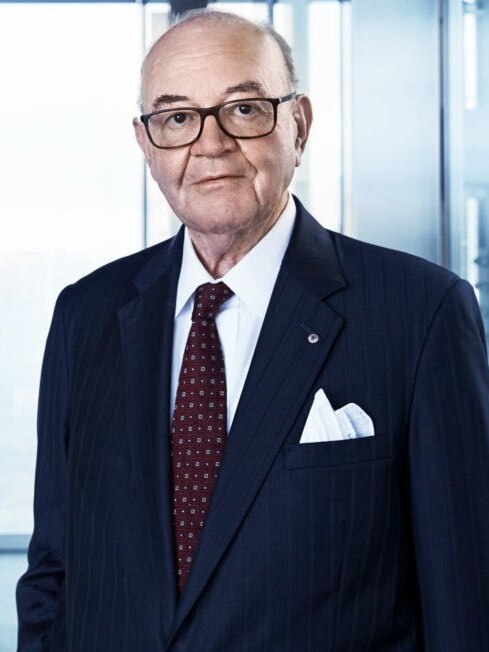
To feign certainty when the whole world can clearly see there is none is not what one expects from a dispassionate, careful legal observer. To compound this failure of logic, Harrison added a dose of emotional abuse by accusing the MP of “depths of paternalism and racism that oozed from your words”. What is it about this debate that provokes such unhinged reactions?
Michael Chaney may be a heavyweight in the corporate world, but for him to say that opposing the referendum would “betray” the Australian people was little better than juvenile abuse. He then compounded his blunder by asserting that chief executives of other big companies “universally” shared the same view. What exaggerated rubbish.
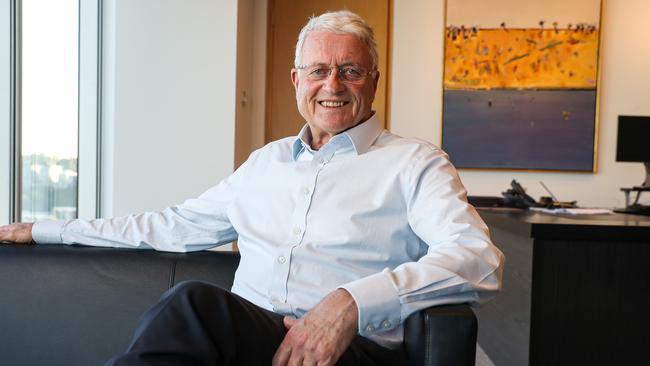
The Australian has been told that some corporate bosses who have met Chaney to hear his views on the voice have not appreciated what they see as an effort to bludgeon corporate Australia into supporting his views. The Australian has been told that many corporate bosses prefer a measured, logical approach, and believe that taking either side in a highly contentious political debate is entirely inappropriate for companies.
Anyone reading The Guardian last weekend (not that I recommend such folly) would have recognised the same sort of anti-intellectual overreach that marked Harrison and Chaney’s interventions. When discussing criticism of Stan Grant’s work on the ABC’s coverage of the coronation, Margaret Simons urged a new definition of objectivity in journalism on us.
While paying lip service to the need for objectivity in reporting, especially on the ABC, which has a statutory duty of impartiality and balance, Simons says it’s all a matter of definition.
“We have to understand the word properly,” Simons wrote. “What looks like objectivity to white, Anglo journalists such as myself – the children of the empire, the beneficiaries of colonialism – looks very different to those who are, to quote Grant, ‘on the other side of history’.”
In short, objectivity is in fact subjective – it depends on the personal circumstances and history of the reporter. Who knew?
As an apparent fan of what Humpty Dumpty told Alice “when I use a word … it means just what I choose it to mean, neither more nor less”, Simons needs to enlighten us as to what other categories of reporter deserve this leave pass from Anglo definitions of objectivity. Does her new definition of objectivity apply generally or just to her favoured groups?

It seems to be a curiously Australian thing for Simons. It has never, to my knowledge, been suggested that great African-American journalists such as CNN’s lead news anchor Bernard Shaw or PBS NewsHour legend Gwen Ifill or the equally admirable Lester Holt, who was the first black person to solo anchor a nightly news program, were entitled to a different standard of objectivity in reporting. Of course, defining your way into power has a long, if despicable, history. George Orwell’s description of the work of the Ministry of Truth remains the definitive example of how even “truth” can be manipulated. Who could forget the Ministry of Truth slogans “War is peace. Freedom is slavery. Ignorance is strength”?
This brings us back to Grant. While he has achieved much in his career, he does seem to have forgotten Orwell, and to be busy redefining “truth”. Not only redefining truth but claiming personal ownership of it. Grant was quoted in The Weekend Australian as blasting the ABC for misunderstanding the concept of balance. He complained about a Q+A segment concerning the monarchy, in which Eric Abetz provided a counterpoint to the views of South African author Sisonke Msimang, Wiradjuri woman (and Grant’s cousin) Teela Reid, and Grant himself.
Grant said Msimang and Reid “were on, talking the truth – just the truth. And yet, for balance, we have to have someone who will deny the truth or reduce the truth.”
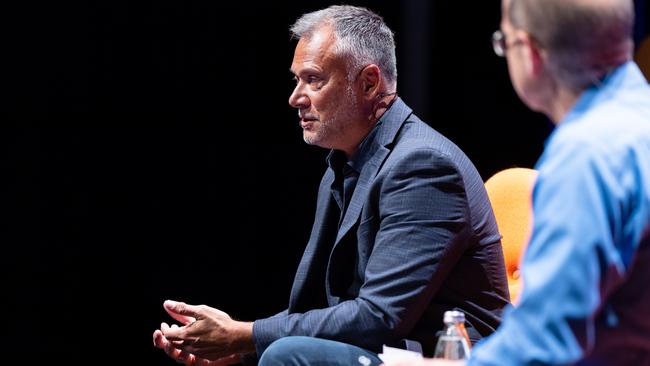
This is the ultimate Orwellian trick – define your views as the “truth” and then you don’t have to hear opponents of your views.
To give Grant the benefit of the doubt, it seems he is driven by emotion, not malice. His comments, made at the Sydney Writers Festival, embody the feelings-not-logic zeitgeist one expects at writers festivals. Grant made the point that the media seemed deficient in the emotional department. “I don’t think (the media has) the language for the love, for what’s required of us.”
This takes us back to where we started. I’m all for love, peace and emotional intelligence – at poetry corners, writers festivals, a Simon & Garfunkel revival concert and self-help weekends. But can we please keep it away from policymaking and especially away from our Constitution? Cool heads, calm logic and robust debate will serve us much better there.

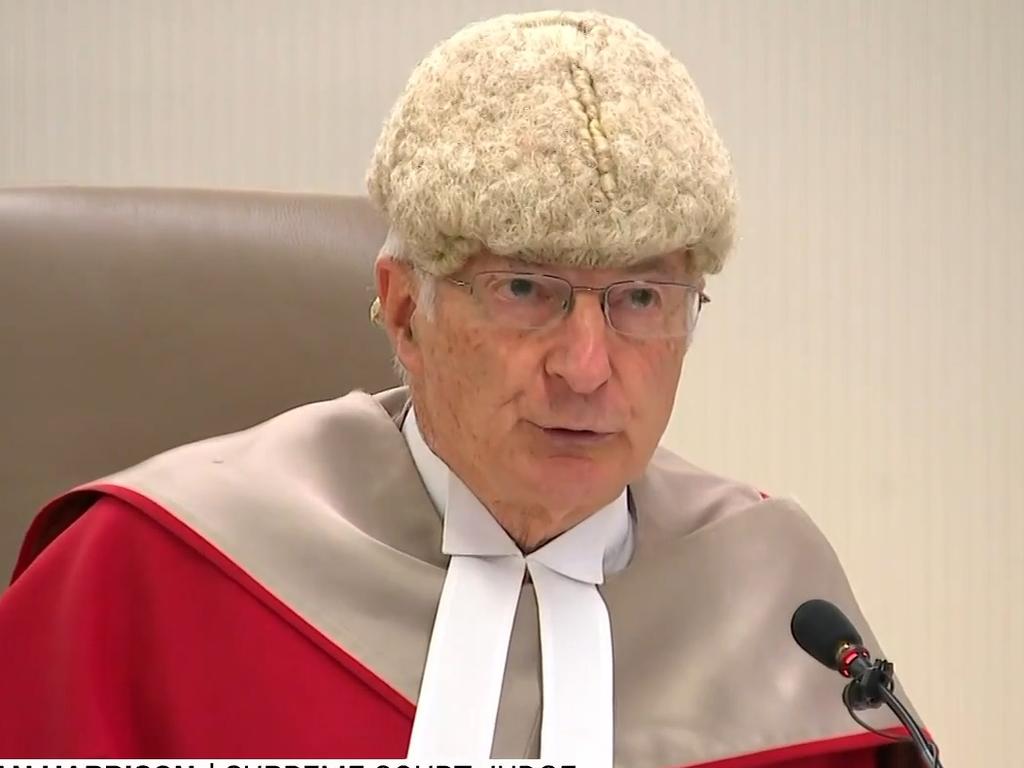

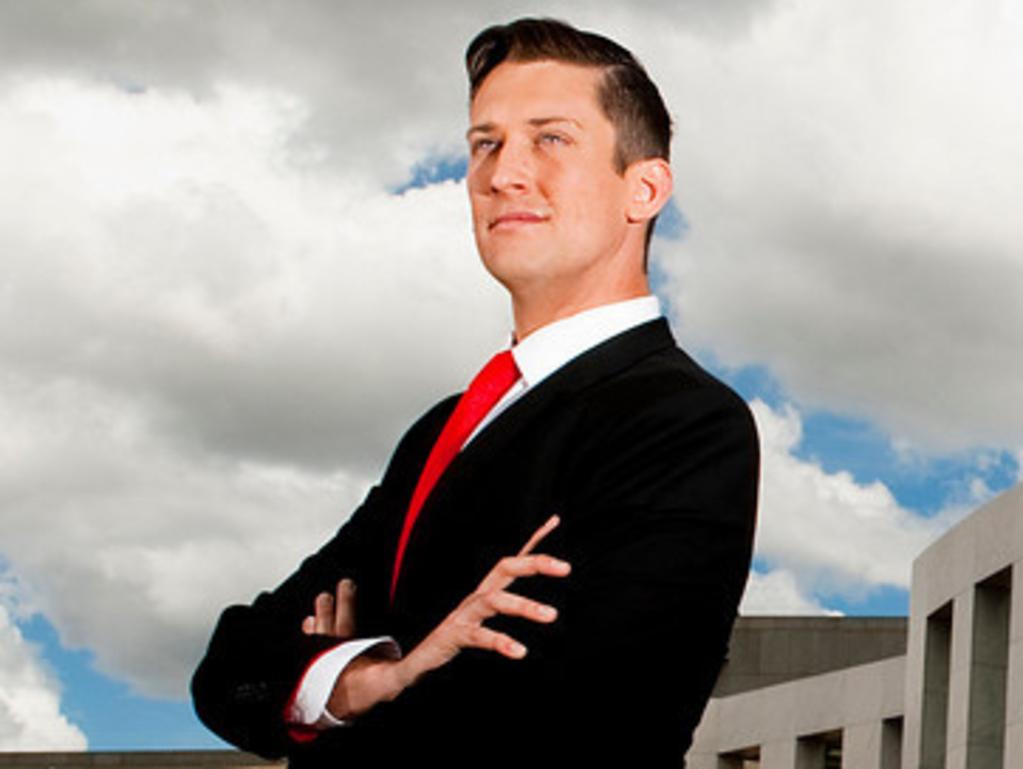



What is it about the voice debate, and indeed much of the debate about Indigenous affairs generally, that causes apparently rational people to lose all objectivity, wallow in sentimentality and engage in irrational overreach?